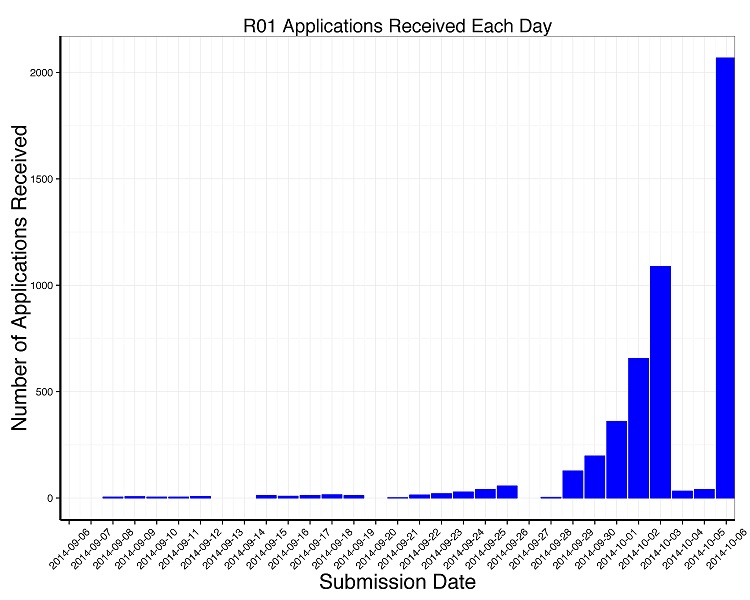https://education.ufl.edu/student-services/files/2016/09/headerblue.png
0
0
patcasey
https://education.ufl.edu/student-services/files/2016/09/headerblue.png
patcasey2016-02-06 15:52:332016-02-06 15:54:00DSP Requests Sufficient Time to Process Proposals
https://education.ufl.edu/student-services/files/2016/09/headerblue.png
0
0
patcasey
https://education.ufl.edu/student-services/files/2016/09/headerblue.png
patcasey2016-02-06 15:49:332016-02-06 16:01:57NIH Discusses Disadvantages of Submitting Proposals on the Deadline Date
https://education.ufl.edu/student-services/files/2016/09/headerblue.png
0
0
patcasey
https://education.ufl.edu/student-services/files/2016/09/headerblue.png
patcasey2016-02-06 15:38:572016-02-06 15:39:19A DSP Reminder: Submitting a Post Submission Budget Revision
https://education.ufl.edu/student-services/files/2016/09/headerblue.png
0
0
patcasey
https://education.ufl.edu/student-services/files/2016/09/headerblue.png
patcasey2016-02-06 15:35:172016-02-06 15:35:36IES and NCEE Offer Educator’s Guide to Questionnaire Development
https://education.ufl.edu/student-services/files/2016/09/headerblue.png
0
0
patcasey
https://education.ufl.edu/student-services/files/2016/09/headerblue.png
patcasey2016-02-06 15:19:532016-02-06 15:20:14IES Releases Report on the Role of Effect Size in Single-Case Research
https://education.ufl.edu/student-services/files/2016/09/headerblue.png
0
0
patcasey
https://education.ufl.edu/student-services/files/2016/09/headerblue.png
patcasey2016-02-06 15:18:192016-02-06 15:18:46RAFT Announces Upcoming Forums
https://education.ufl.edu/student-services/files/2016/09/headerblue.png
0
0
patcasey
https://education.ufl.edu/student-services/files/2016/09/headerblue.png
patcasey2016-02-06 15:09:512016-02-06 16:24:05Office of Research Offers NCURA Workshop
https://education.ufl.edu/student-services/files/2016/09/headerblue.png
0
0
patcasey
https://education.ufl.edu/student-services/files/2016/09/headerblue.png
patcasey2016-02-06 15:06:112016-02-06 16:09:44Research Event in February
https://education.ufl.edu/student-services/files/2016/09/headerblue.png
0
0
patcasey
https://education.ufl.edu/student-services/files/2016/09/headerblue.png
patcasey2016-02-06 15:02:132016-02-08 10:16:50Awarded Projects for January 2016
https://education.ufl.edu/student-services/files/2016/09/headerblue.png
0
0
patcasey
https://education.ufl.edu/student-services/files/2016/09/headerblue.png
patcasey2016-02-06 14:54:012016-02-08 10:17:57Submitted Projects for January 2016
Scroll to top






